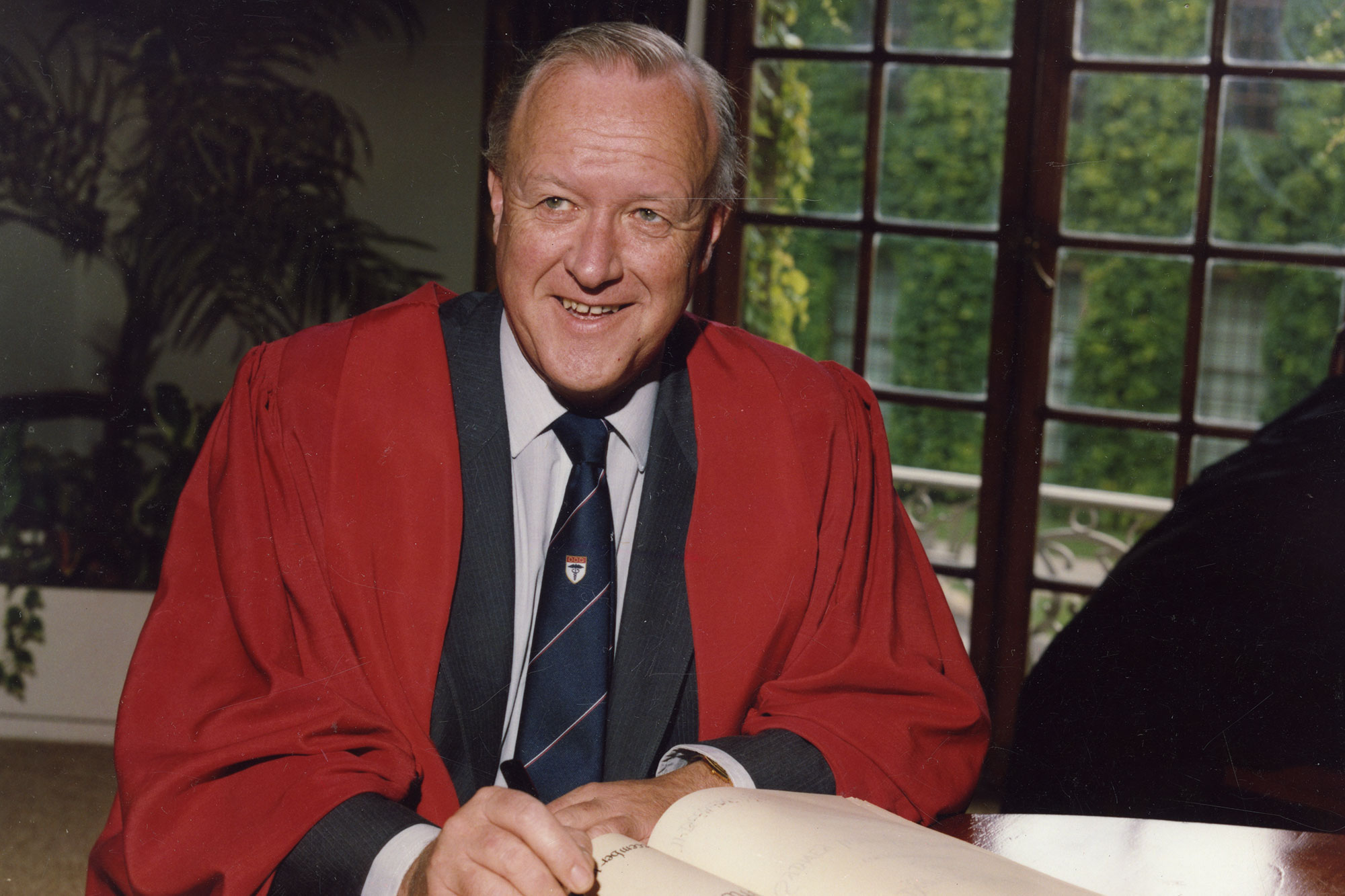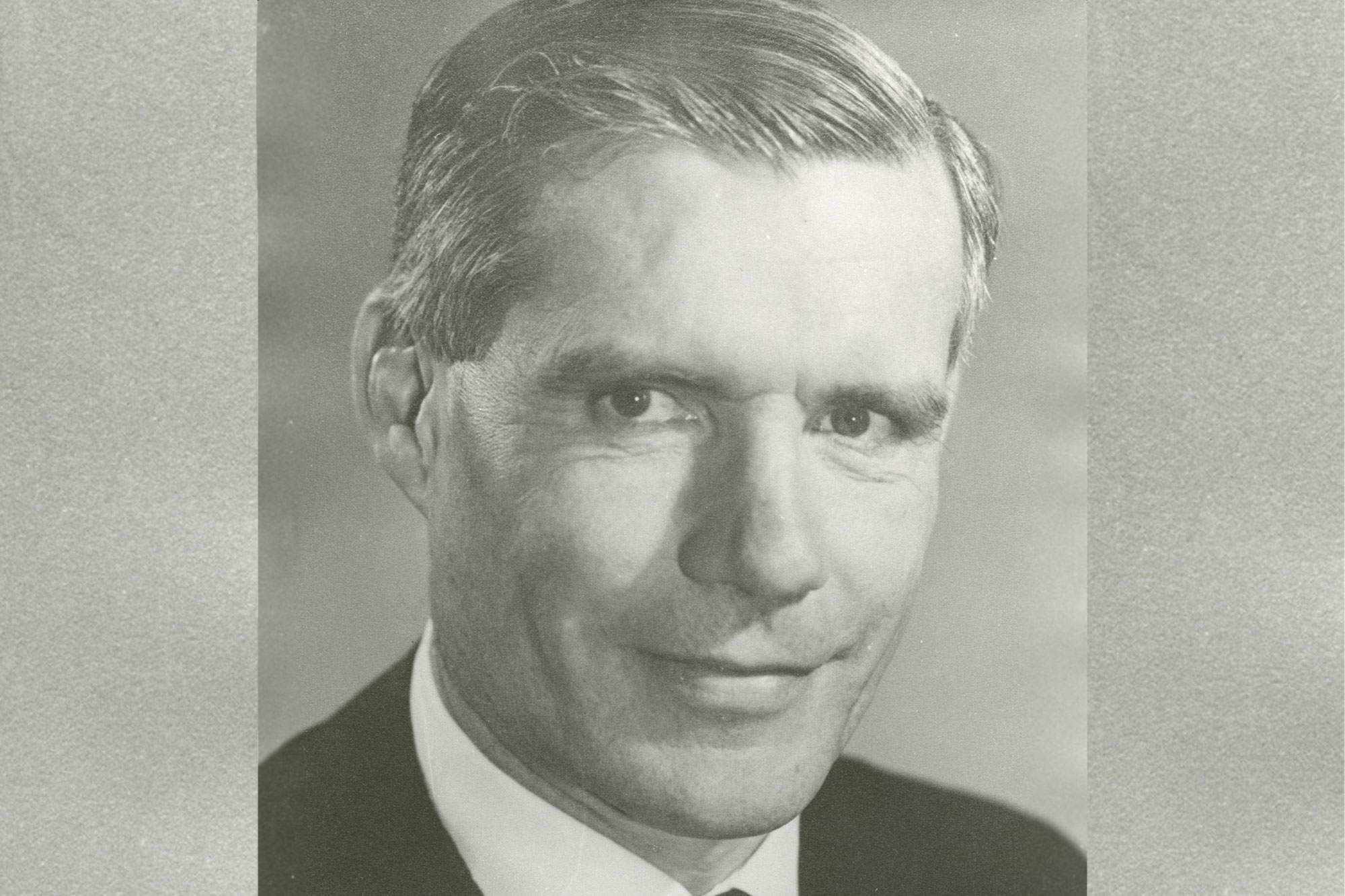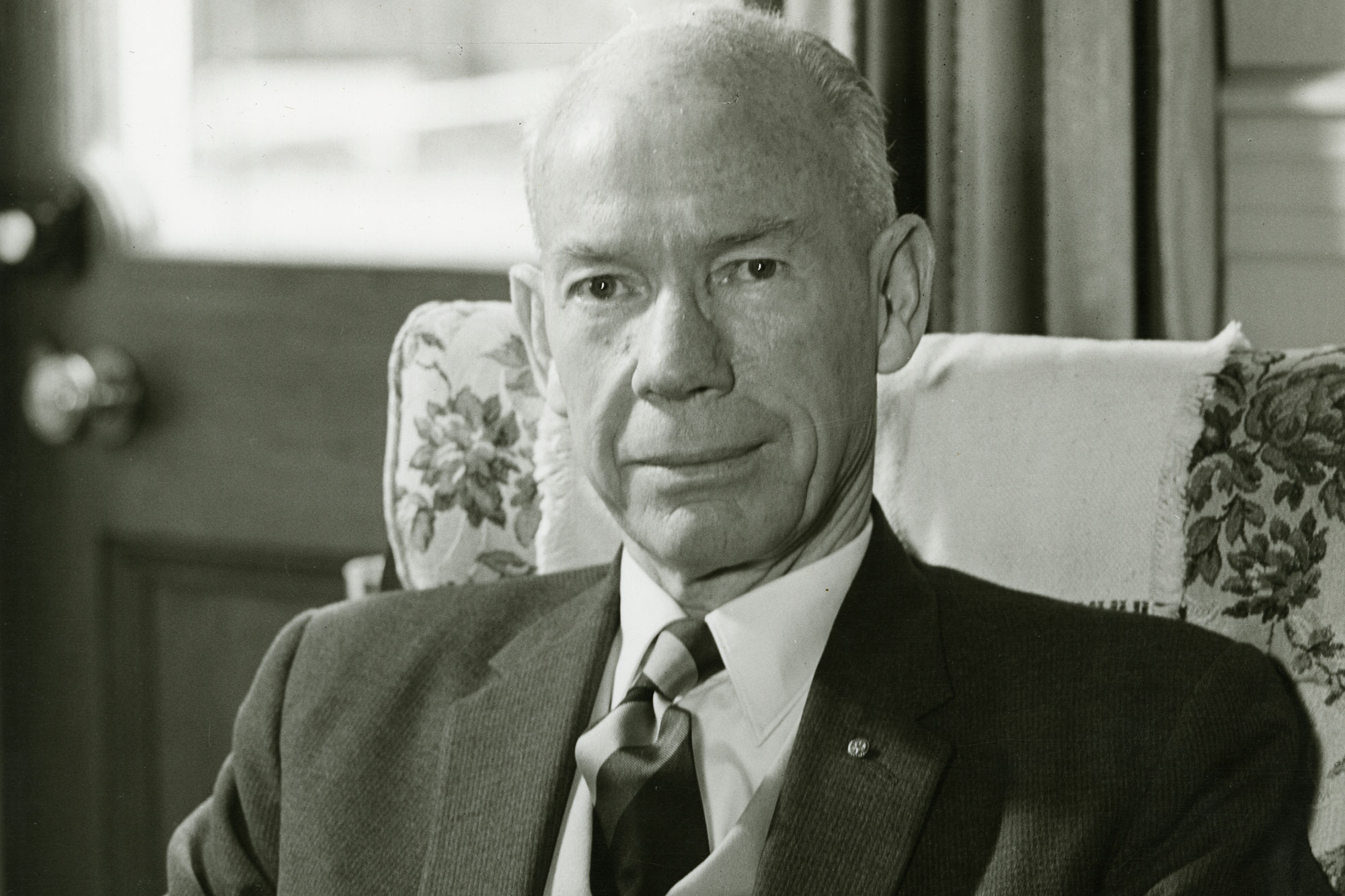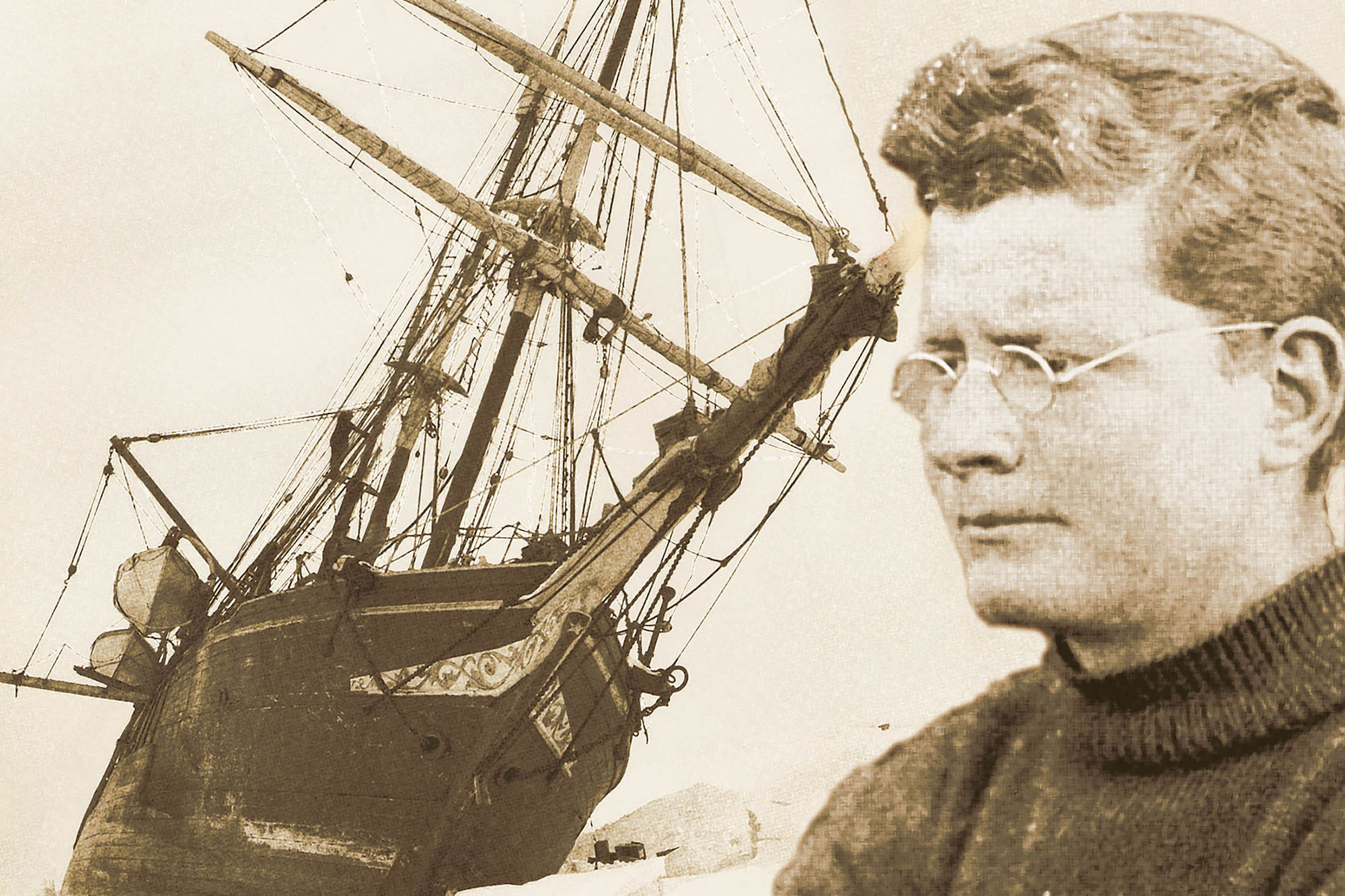VCs in conversation: Future-proofing UCT for the next generation
27 September 2024 | Story Kamva Somdyala. Photos Lerato Maduna. Video Production Team Ruairi Abrahams, Boikhutso Ntsoko and Nomfundo Xolo. Read time 4 min.The University of Cape Town (UCT) leadership past and present, confronted the challenge of creating unity, trust and collegiality at the institution when Vice-Chancellor (VC) Professor Mosa Moshabela joined former VC Dr Max Price to discuss lessons from the past, and progress towards equity and diversity.
The event, themed Vice-Chancellors: Vices and Visions, was one of a series being hosted by UCT’s Centre for Extra-Mural Studies (EMS) ahead of the second edition of UCT Day, set to take place on 25 October 2024 at the university’s Cricket Oval.
While Professor Moshabela’s focus was on the task of sustaining a great institution in the face of competing demands from different constituencies, and within a higher education sector that is both complex and volatile, Dr Price looked back to the lessons delivered by the Must Fall movement to tailor his conversation, as he was head of the institution then.
Complex, challenging and enriching environment
Given how early into his tenure he is, Moshabela used the occasion also to introduce himself and gave a breakdown on how he is finding life in the Western Cape. “There has been a warm reception to my arrival and that is part of what is keeping me going, and I am very grateful for that. It’s a complex environment with nuance and I learn everyday about UCT. It is a complex, challenging and enriching space to be in, it’s wonderful to come into a place and feel like you can make a difference,” he said.
“The higher education sector has entered a pulpable, volatile state which creates a lot of uncertainty and complexity. I often say my job is to take this university into the future; we have been handed a great institution. And I remind my colleagues that when we think about sustainability, we must think about the kind of institution we are going to hand over to the next generation.”
“There should be unity, trust and collegiality at the university.”
Moshabela continued, “The next generation needs to have a strong institution that is going to meet their needs at the time and that depends on what we do today and it’s in that spirit that I think we should have intergenerational change so that we can share lessons and ideas and begin to think about how to help the next generation to benefit from the same benefits we are enjoying.”
“What I’ve come to appreciate is that there should be unity, trust and collegiality at the university, which often isn’t easy with the level of diversity we have, where there are many constituencies which want their needs catered for.
“Yes, diversity is a strength. However, sometimes I’m not sure whether [what] I’m faced with is an asset or a problem,” he conceded.
The conversation between the two current and former UCT leaders was part of the build-up to UCT Day in October.
Down memory lane for Price
Price, whose term as VC concluded in June 2018, used his experience of the Rhodes Must Fall and Fees Must Fall protests which started in 2015. The contentious statue of Cecil Rhodes on the university was, according to Price, an interesting exercise in consensus-building.
“In a way, the Rhodes Must Fall protests were the tipping point after decades of increasing the scale and size of, in particular, black students and staff at UCT with different values and cultures and it reached a point when you could no longer think that this was a cohesive organisation because it was not and there was a large enough voice to say we do not feel part of the organisation.
“There were diverse views about the statue coming down, and the shout from the protest leaders was that it should come down immediately, and [they] didn’t want it to be left to Council or Senate to decide. Our approach, as the executive, was to use the opportunity to have a discussion to see whether we could find common ground and consensus. The job of the VC is to see whether you can bring people together, and the one way to do that is by consulting and opening people up to the debate,” he said.
Continuing his advice on the task of leading an institution such as UCT, which was warmly welcomed by Moshabela, Price added that it was essential for a VC to manage the tensions that were described earlier in their discussion.
“The different views we bounce against each other to bring about new ideas that shape the world through a new frame is in essence what we do.”
“The overriding challenge for a university vice-chancellor is to manage the tension you are describing. On the one hand, recognising that a university is a place that is argumentative by definition, with many stakeholders, from students to parents, to government – and those are strengths”, he said. “The different views we bounce against each other to bring about new ideas that shape the world through a new frame is, in essence, what we do.”
On the other hand, you are creating social cohesion, “particularly a sense of inclusion”, Price added.
The former student leaders in the audience also took the opportunity to engage Price on the legacy of protests, and his handling of the many issues of the time, including funding and insourcing of workers.
 This work is licensed under a Creative Commons Attribution-NoDerivatives 4.0 International License.
This work is licensed under a Creative Commons Attribution-NoDerivatives 4.0 International License.
Please view the republishing articles page for more information.
11th UCT Vice-Chancellor’s Installation Ceremony
The University of Cape Town (UCT) Council announced Professor Mosa Moshabela as the 11th vice-chancellor (VC) in May 2024. Professor Moshabela, who took office in August, was officially installed on 25 November 2024.
The Chair of Council of the University of Cape Town
Norman Arendse (SC)
announced that the university would host the ceremony at the Sarah Baartman Hall. The ceremony was co-hosted by UCT Chancellor
Dr Precious Moloi-Motsepe
and was attended by invited guests, dignitaries from higher education and beyond, and invited members of the UCT community.
This event took place on Monday, 25 November 2024 at 10:00.
News from the day
On Monday, 25 November 2024, the University of Cape Town installed its 11th Vice-Chancellor, Professor Mosa Moshabela.
Announcements about the ceremony
About the VC
Professor Mosa Moshabela formally took up the UCT vice-chancellor position in August 2024.
Duly elected
On 24 May 2024, Norman Arendse (SC), the Chair of Council at UCT, was proud to formally announce that Professor Mosa Moshabela accepted an offer to become the university’s 11th vice-chancellor. This concluded a thorough and consultative six-month recruitment and selection process. He formally took up the UCT vice-chancellor position in August 2024.
Previous UCT Vice-Chancellors
UCT has had 10 permanent vice-chancellors and two acting in the interim between permanent VC appointments. This historical photo gallery includes the 12 leaders who have been at the helm of South Africa’s oldest university in their turn.
Vice-Chancellors in Conversation
UCT VC Professor Mosa Moshabela and former VC Dr Max Price recently engaged in a conversation about leadership, and confronted the challenge of creating unity, trust and collegiality in an institution.
In the News

Khusela Ikamva is aimed at restoring not only the physical forest that was damaged by the fires in April 2021 but also the cultural and spiritual connections that the UCT community shares with the natural fauna and flora.
09 Oct 2024 - 6 min readExec comms
Announcements to the UCT campus community
























































